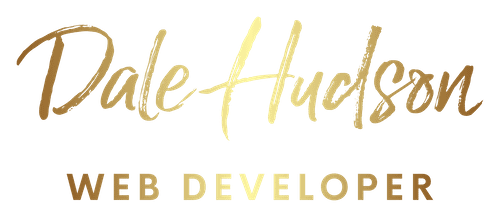Introduction
Have you ever wondered what is MySQL? It’s an open-source relational database management system that’s revolutionising web development, e-commerce, and mobile apps. Data management that is secure, scalable, and efficient is right at your fingertips. Dive right in!
In today’s digital age, where massive volumes of data are generated and processed every second, the need of effective database management systems cannot be understated. MySQL is a widely used open-source relational database management system (RDBMS) among developers and enterprises. This blog article will unravel MySQL’s intricacies, providing light on its essential features, applications, and reasons for its appeal.
What is MySQL?
MySQL is an open-source relational database management system (RDBMS) developed by Oracle Corporation in the mid-1990s. It uses a client-server architecture to store data in tables that may be linked together depending on preset relationships. MySQL uses Structured Query Language (SQL) to handle and manipulate data, making it a powerful tool for developers and database managers.
Key Features of MySQL
- Data Storage: Organises data into tables with rows and columns for efficient storage and retrieval.
- Data Retrieval: SQL, the database language, allows users to run queries to get particular data from MySQL databases.
- Data Security: Has strong security technology, such as user authentication, access control, and encryption, to protect sensitive data.
- Scalability: Has the ability to handle massive datasets and heavy traffic websites, making it suitable for a wide range of applications.
- Data Integrity: Uses constraints to guarantee data integrity, assuring correctness, consistency, and dependability.
- Performance Optimization: Developers can optimize MySQL performance through efficient query writing, indexing strategies, and server configurations.
How MySQL is Used
- Web Development: MySQL is the backbone of many dynamic websites, storing user profiles, content, and transaction records.
- Content Management Systems (CMS): Popular CMS platforms like WordPress rely on MySQL to manage posts, pages, and user data effectively.
- E-commerce: Power online stores with MySQL. Managing product catalogs, customer details, and purchase histories securely.
- Data Warehousing: In business intelligence and analytics, MySQL supports data warehousing, facilitating insightful data analysis.
- Mobile Applications: MySQL is employed in mobile app development, storing user preferences, app-related data, and in-app transactions securely.
What is MySQL – Case Studies
- Facebook: Facebook, one of the largest social media platforms globally, uses MySQL to manage user data, ensuring seamless interactions and personalized experiences for billions of users.
- Wikipedia: The world’s largest online encyclopedia, Wikipedia, relies on MySQL to handle vast amounts of content, user contributions, and revisions efficiently.
- Magento: Magento, a leading e-commerce platform, utilizes MySQL to power its online stores, enabling businesses to manage products, orders, and customer information effectively.
Tips for Optimising MySQL Performance
- Frontend web development: Creating interactive elements, handling forms, and validating user input.
- Backend web development: With Node.js, JavaScript can serve as a server-side language.
- Mobile app development: Using frameworks like React Native, JavaScript can build cross-platform mobile apps.
- Game development: Frameworks like Phaser facilitate game development.
What is MySQL Conclusion
MySQL’s flexibility and resilience make it an essential tool for developers, allowing them to create efficient, scalable, and secure systems. Whether you’re building a dynamic website, running an online store, or developing a mobile app, MySQL offers the basis for smooth data administration. Understanding and leveraging MySQL’s capability will be important in developing the next generation of inventive applications as technology progresses.
I hope that this article has provided an answer to your question, “What is MySQL?” I’ve included some extra resources for further reading below.
Additional Resources
For those eager to dive deeper into MySQL, the following resources are highly recommended:
- MySQL Official Documentation: The official MySQL documentation provides comprehensive guides, tutorials, and references for users of all levels.
- Udemy: The Complete MySQL Bootcamp: This Coursera course offers an in-depth exploration of MySQL, covering fundamental concepts and practical applications.
- MySQL High-Performance Blog: Stay updated with the latest MySQL news, tips, and best practices through this dedicated blog.
Looking for a Full Stack Developer? Contact Me to Discuss Your Project!
I’d be interested in hearing from you if you need a web developer to work on your upcoming project. Whether you require a front-end developer to create a stunning user interface, a back-end developer to build server-side logic, or a full-stack developer to handle everything from start to finish, I have the knowledge and experience needed to produce excellent results. Therefore, don’t be afraid to email me at contact@dalehudson.co.uk if you’re interested in working together or have any questions about my services. I would be delighted to talk with you about potential projects and assist you in realising your visions.

